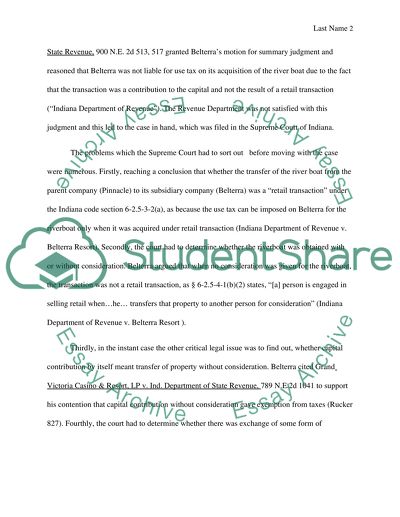Cite this document
(Business Law Case: Indiana Department of Revenue v. Belterra Resort Case Study, n.d.)
Business Law Case: Indiana Department of Revenue v. Belterra Resort Case Study. Retrieved from https://studentshare.org/law/1415386-pick-any-business-law-case-and-write-a
Business Law Case: Indiana Department of Revenue v. Belterra Resort Case Study. Retrieved from https://studentshare.org/law/1415386-pick-any-business-law-case-and-write-a
(Business Law Case: Indiana Department of Revenue V. Belterra Resort Case Study)
Business Law Case: Indiana Department of Revenue V. Belterra Resort Case Study. https://studentshare.org/law/1415386-pick-any-business-law-case-and-write-a.
Business Law Case: Indiana Department of Revenue V. Belterra Resort Case Study. https://studentshare.org/law/1415386-pick-any-business-law-case-and-write-a.
“Business Law Case: Indiana Department of Revenue V. Belterra Resort Case Study”, n.d. https://studentshare.org/law/1415386-pick-any-business-law-case-and-write-a.


